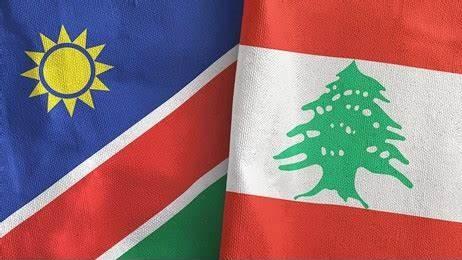Introduction
The Paris Agreement (PA) under Article 13 established the Enhanced Transparency Framework (ETF) to build trust and confidence among countries and promote effective implementation of climate action. ETF supports activities for tracking and reporting the progress of existing and future country commitments, with built-in flexibility included for developing country Parties. Among the decisions that affect the Paris Agreement is for Parties to report on policies and measures they are implementing to achieve their NDC targets, in line with the ETF as outlined in Article 13 of the Paris Agreement. NDC countries have self-determined targets for mitigation and adaptation to meet the objectives of the Paris Agreement. Paris Agreement decision 18/CMA.1, annex, paras. 65–68 and 149 provide that parties select the indicators they will use to track progress in the implementation and achievement of their NDCs.
The ETF will serve as the critical input for the global stocktake, which is a five-yearly assessment of progress towards the goals of the PA. Starting this year, 2023 and 2024 are critical for implementing the ETF, as countries are transitioning from the existing measurement, reporting, and verification (MRV) arrangements to the ETF. The ETF requires developing country parties to the PA to begin a new reporting phase, a Biennial Transparency Report (starting in 2024 to replace the current MRV system, and Biennial Update Reports (BURs). The ETF is very imperative to build capacity and countries to have functional systems to enable consistent reporting through Biennial Transparency Reports under the enhanced Transparency Framework.
The CBIT-GSP is a global capacity-building project - funded by the Global Environment Facility, implemented by UNEP, and executed by the UNEP Copenhagen Climate Centre - to support countries in the transition towards the Enhanced Transparency Framework (ETF). One of the programme’s key components is strengthening knowledge-sharing and peer-to-peer exchange among countries and transparency projects. The CBIT-GSP aims to strengthen south-south cooperation and peer learning in network countries to facilitate enhanced transparency activities, including NDC tracking, timely development, and submission of BTRs, BURs, and NCs.
To this end, CBIT-GSP intends to support peer learning between Namibia from Anglophone Africa and Lebanon from MENA regional networks in this important process of developing the first BTR. Specifically, the countries requested to hear the experiences of other countries on how they are developing their NDC tracking chapter of the BTR, notably the electronic reporting using the CTF tables.
Objective
The main objective of the webinar is to share knowledge and experience on developing an NDC tracking chapter of the BTR between Namibia and Lebanon. During this webinar, countries will learn from each other on how they are filling the common Tabular format (CTF) tables based on the MPGs.
Specific objective:
Audience
This webinar is intended for technical officers and national teams from Namibia and Lebanon who have been working on developing the first BTR, especially the NDC chapter.
Language
The webinar will be in English.
